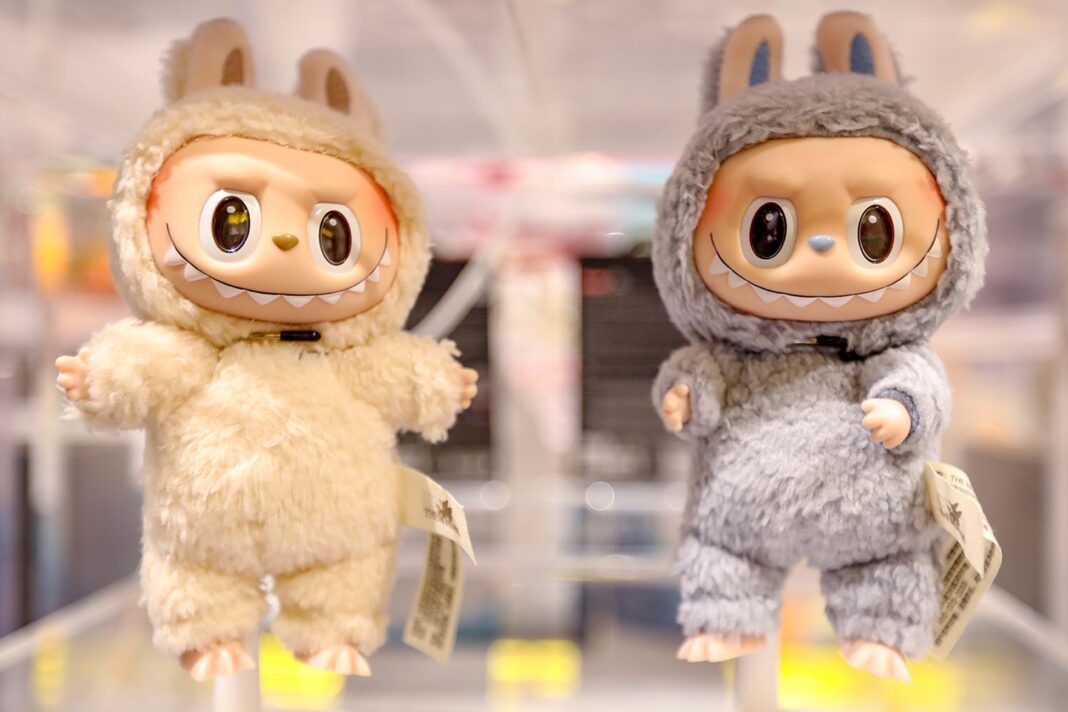The Labubu keychain has recently stirred public concern in Erbil. On July 9, 2025, the Commercial Inspection Directorate confirmed the seizure of 4,000 keychains. According to Hogir Ali, the director, these items were banned for both economic and cultural reasons.
To begin with, families are facing financial pressure. These keychains come in various colors, making children demand specific ones. Parents feel forced to buy multiple pieces just to satisfy their children. In today’s weak economy, this creates unnecessary spending for many households.
Furthermore, the Labubu keychain does not match local cultural values. Officials stated that the product’s shape and surprise-based appeal promote unhealthy beliefs about luck. They warned that these keychains encourage gambling-like behavior among children and teenagers.
Religious scholars have also voiced strong objections. On July 5, Abdullah Sherkaweyi, a spokesman for the Union of Islamic Scholars, told local media that purchasing keychains for luck is forbidden. This added moral weight to the campaign against Labubu.
The Labubu keychain is based on a fantasy character from animated films, especially from the series “The Monsters.” The product is made in China and sold inside sealed packages. Buyers don’t know which color they’ll get until opening it. That surprise factor has attracted collectors worldwide, especially young girls, including in Kurdistan.
To combat this trend, Erbil authorities launched a strict inspection campaign. Over just two days, they seized 4,000 keychains, fined seven stores, and shut down one main distributor. The campaign continues in coordination with other local agencies.
Officials stress that this effort will not stop until every keychain is off the market. They argue that protecting Kurdish culture and easing family expenses justifies their strict response.
In summary, the Labubu keychain is now under full restriction in Erbil. Both government and religious institutions remain firm in their opposition to its spread.



